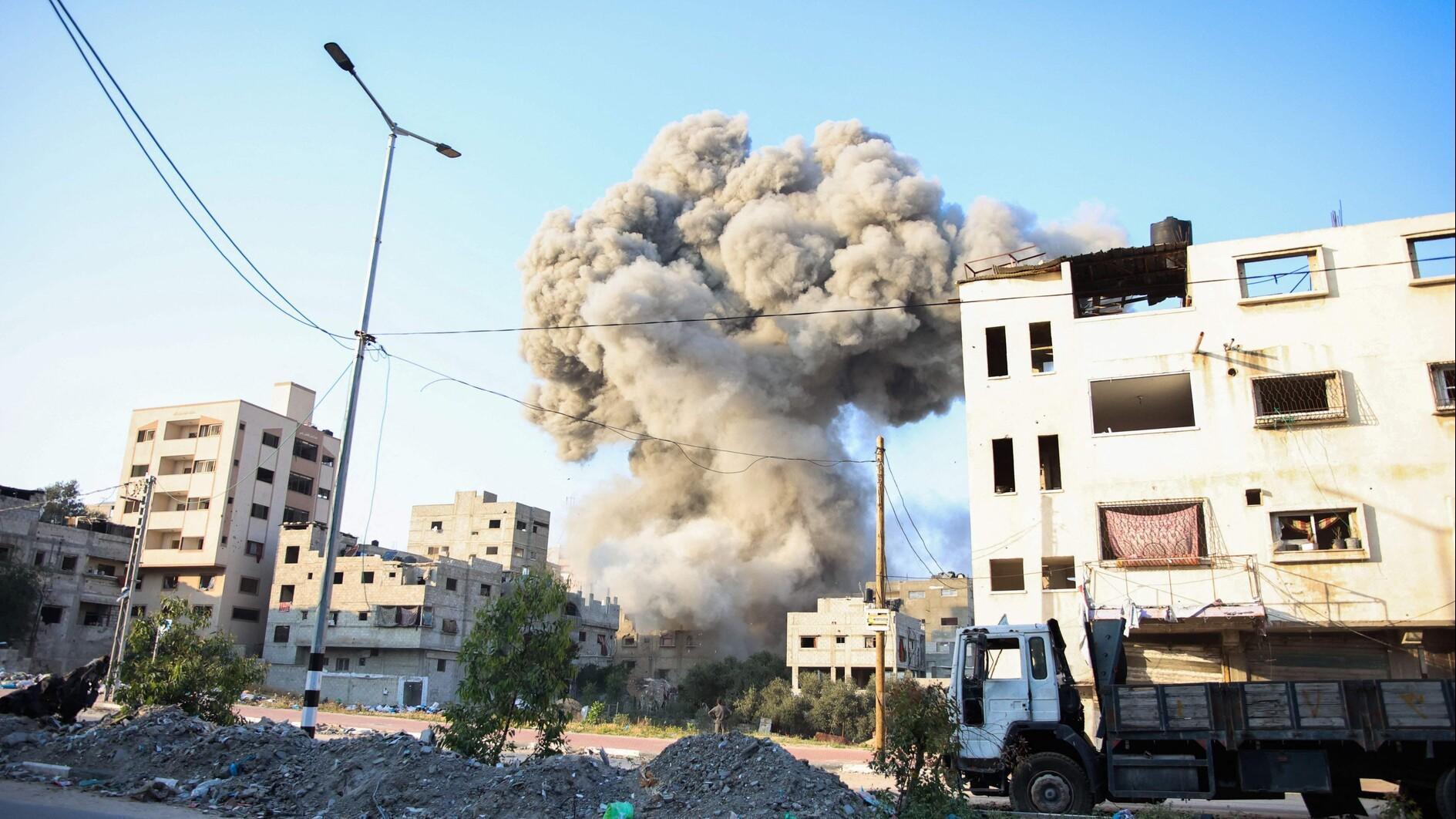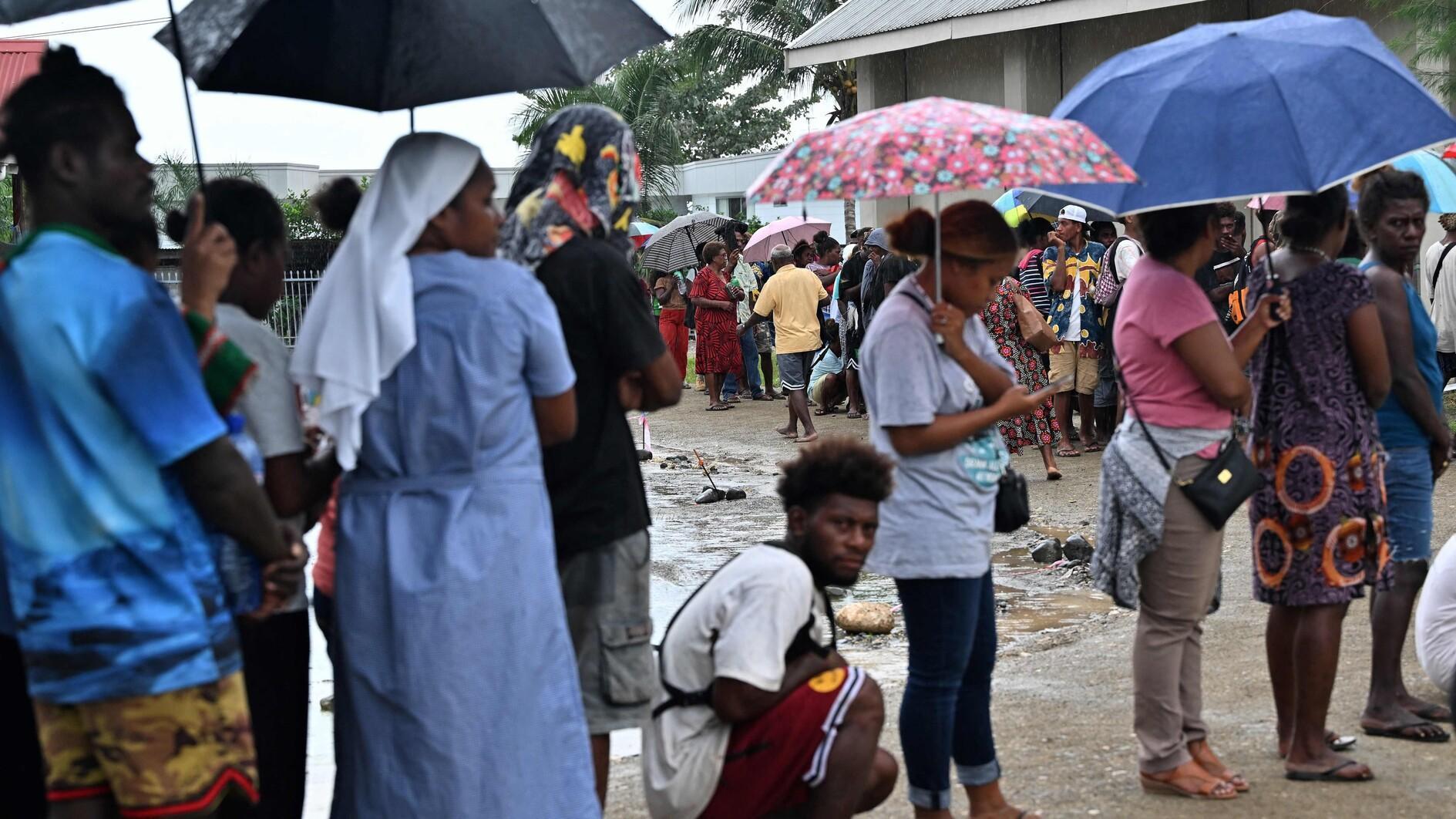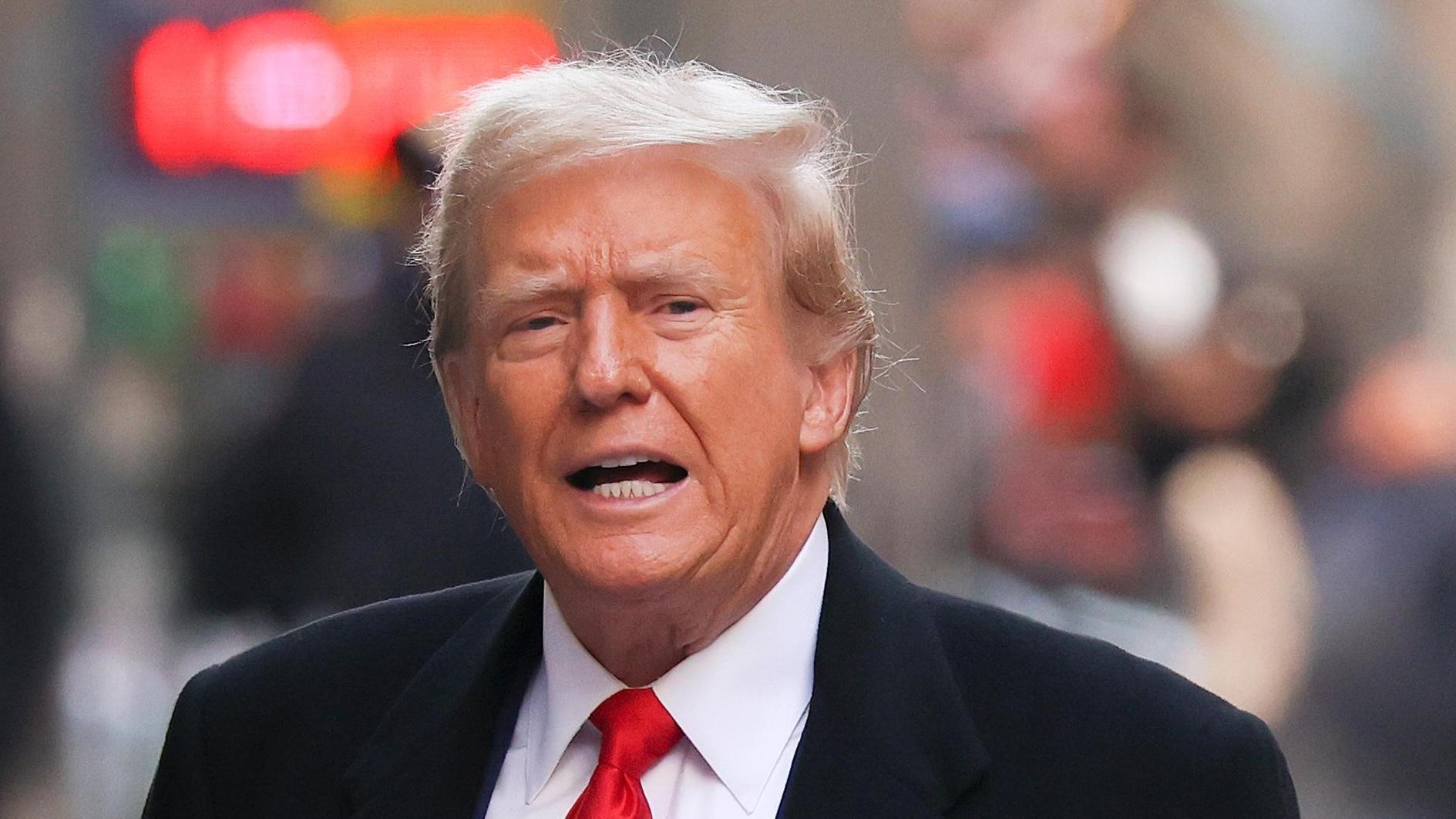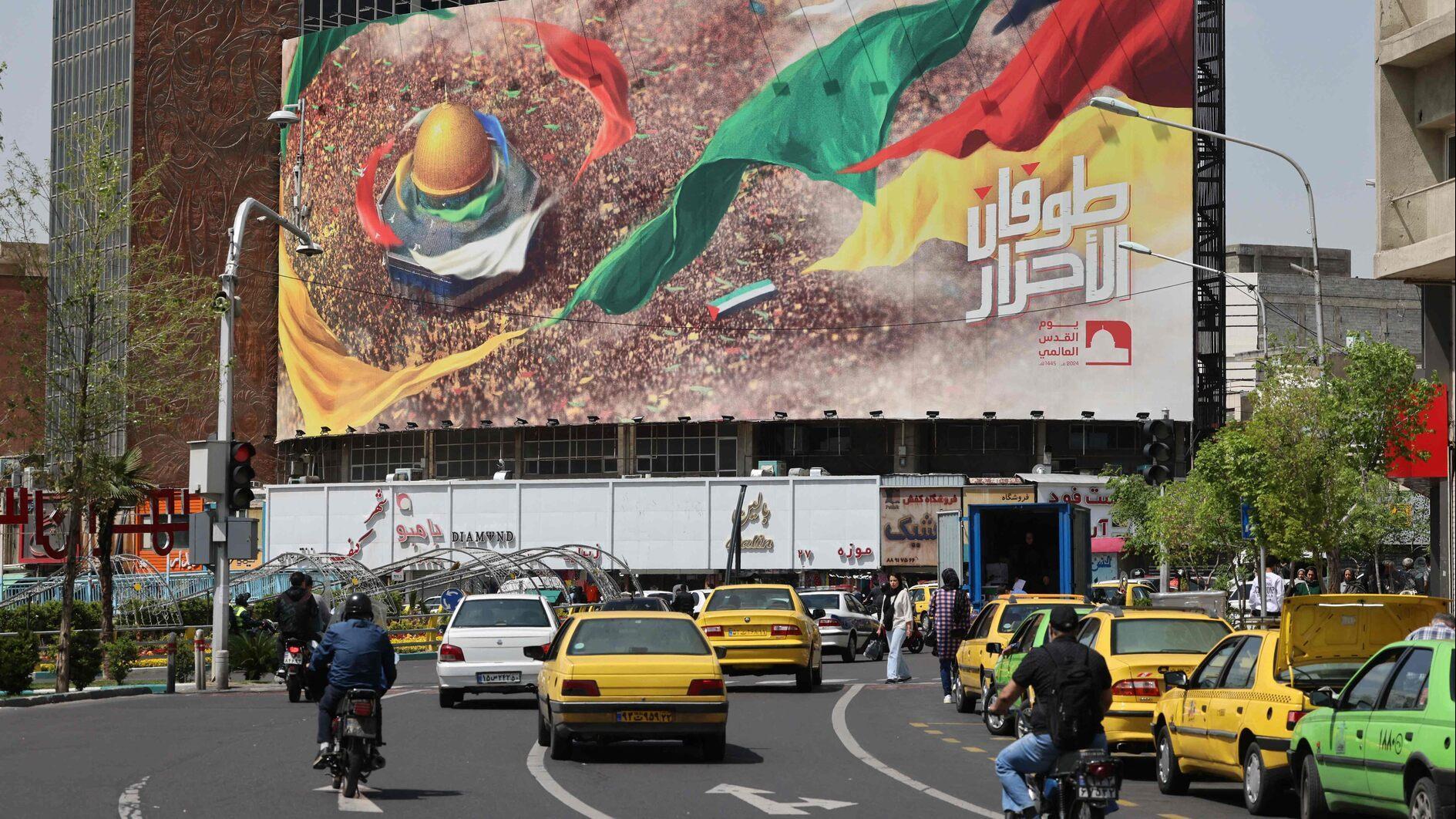Life sentences sought for Dec 25 graft probe judges, prosecutor
ISTANBUL – Anadolu Agency
 An indictment has been prepared against a former prosecutor and two judges for the former’s demand and the latters’ ruling on wiretappings carried out in the infamous Dec. 25, 2013, investigations launched into a number of government officials and businessman on charges of fraud and corruption, with prosecutors demanding aggravated life-term imprisonments of the suspects in addition to up to 247 years for the former prosecutor and 63 years for the former judges.
An indictment has been prepared against a former prosecutor and two judges for the former’s demand and the latters’ ruling on wiretappings carried out in the infamous Dec. 25, 2013, investigations launched into a number of government officials and businessman on charges of fraud and corruption, with prosecutors demanding aggravated life-term imprisonments of the suspects in addition to up to 247 years for the former prosecutor and 63 years for the former judges. The 848-page indictment prepared by Bakırköy Deputy Chief Prosecutor Ömer Faruk Aydıner demanded a 247-year sentence for former prosecutor Muammer Akkaş, who demanded the wiretappings at the time, on 11 different counts and an aggravated life-term sentence on charge of attempting to topple the Turkish government. The document also demanded life-term sentences for judges Süleyman Karaçöl and Menekşe Uyar, who accepted Akkaş’s wiretapping demands, on charges of attempting to topple the government and up to 63 years on two separate counts.
In the indictment President Recep Tayyip Erdoğan, Serhat Albayrak, Berat Albayrak, Necmeddin Bilal Erdoğan, Hakan Fidan, Yalçın Akdoğan and Mustafa Varank were named as plaintiffs, while former Prime Minister Ahmet Davutoğlu, current Prime Minister Binali Yıldırım, Beşir Atalay, Ömer Çelik, Sadullah Ergin, Taner Yıldız, Hüseyin Çelik, Erdoğan Bayraktar, Nurettin Canikli, Mehmet Müezzinoğlu and Egemen Bağış were named as victims.
The document said the three suspects aimed to “topple the government by using their authority as means of force and threat” after being “instructed” by Fethullahist Terrorist Organization (FETÖ) leader Fethullah Gülen.
It was also noted that by giving the content of fictitious documents to the media ahead of the operations, the suspects portrayed a negative perception.
“It was noted that to support this [negative perception], they published the records of the dossiers on a daily basis through their own media organs, and revealed the names and identity information of the individuals taking place in the wiretappings by breaching the investigation’s confidentiality on the Internet and in written media,” said the indictment.
In the indictment President Recep Tayyip Erdoğan, Serhat Albayrak, Berat Albayrak, Necmeddin Bilal Erdoğan, Hakan Fidan, Yalçın Akdoğan and Mustafa Varank were named as plaintiffs, while former Prime Minister Ahmet Davutoğlu, current Prime Minister Binali Yıldırım, Beşir Atalay, Ömer Çelik, Sadullah Ergin, Taner Yıldız, Hüseyin Çelik, Erdoğan Bayraktar, Nurettin Canikli, Mehmet Müezzinoğlu and Egemen Bağış were named as victims.
The document said the three suspects aimed to “topple the government by using their authority as means of force and threat” after being “instructed” by Fethullahist Terrorist Organization (FETÖ) leader Fethullah Gülen.
It was also noted that by giving the content of fictitious documents to the media ahead of the operations, the suspects portrayed a negative perception.
“It was noted that to support this [negative perception], they published the records of the dossiers on a daily basis through their own media organs, and revealed the names and identity information of the individuals taking place in the wiretappings by breaching the investigation’s confidentiality on the Internet and in written media,” said the indictment.
















